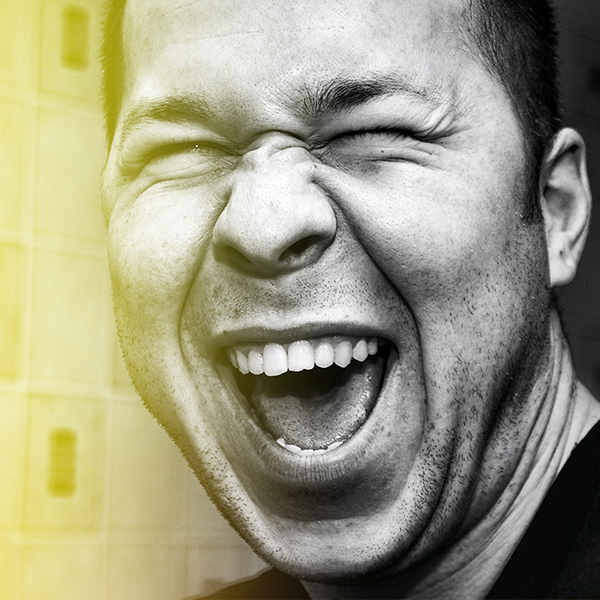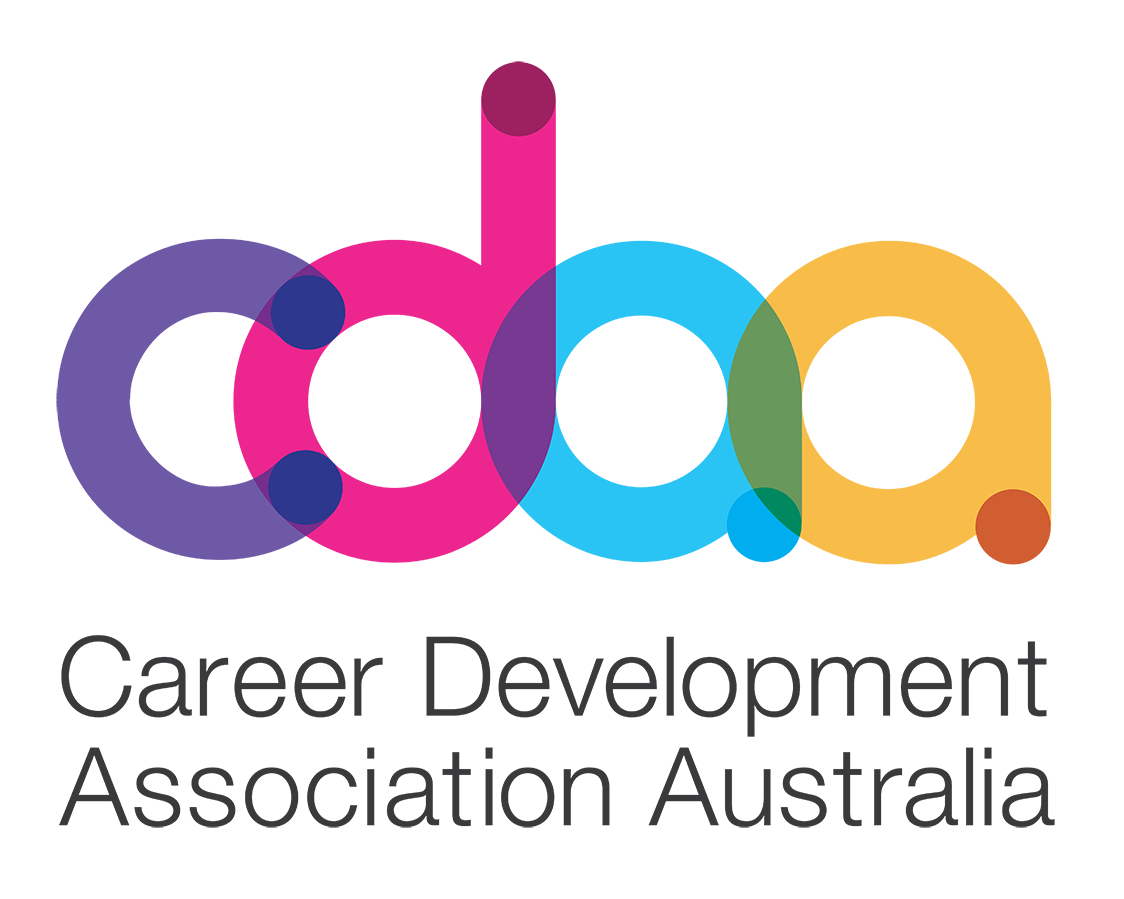Cognitive Dissonance at Work: Are Your Values and Career Out of Sync?

Ever find yourself staring at your computer screen, wondering, “Why does this feel wrong?” Or powering through your tasks while a quiet voice inside whispers, “This isn’t me…”
That’s cognitive dissonance at work. It’s the internal discomfort that shows up when your personal values don’t align with what your job asks of you.
It might not be loud at first and may just be a vague sense of dread on Sunday nights or a hollow feeling when you’re praised for work that doesn’t feel meaningful. But over time, this inner conflict can wear you down, leading to chronic stress, emotional fatigue, and even burnout.
Well, you’re not alone, and there is a way forward. With the right support, you can begin to realign your work with what truly matters to you. Sometimes, it starts with a simple question: “What am I no longer willing to compromise?”
What Is Cognitive Dissonance at Work?
Cognitive dissonance is a psychological term first introduced by researcher Leon Festinger in the 1950s. In simple terms, it’s the stress or discomfort you feel when your actions are out of step with your beliefs or values.
At work, this can show up in subtle but persistent ways. Maybe your company celebrates individual competition, but you thrive in collaborative spaces. Or your role involves selling a product you don’t fully believe in. You’re constantly being pulled in two directions: what you believe, and what you’re expected to do.
Psychology tells us that when we experience this kind of conflict, we’ll either try to reduce the dissonance by justifying our actions (“It’s just business”), changing our beliefs (“Maybe this isn't such a big deal”), or, more powerfully, changing our behaviour or environment to restore internal alignment.
Understanding this is about reclaiming your inner peace, integrity, and purpose.
Common Symptoms of Cognitive Dissonance at Work
Cognitive dissonance doesn’t always announce itself loudly. Often, it shows up as quiet friction. Here are some cognitive dissonance symptoms to look out for at work:
Chronic Stress or Anxiety
That lingering sense of unease isn’t always just “being busy.” It might be your mind reacting to deeper, unspoken conflicts.
Justifying Actions That Feel Off
Ever found yourself saying, “It’s just how things are done here,” even when it doesn't sit right? That mental backflip is a sign you’re working against your own values.
Feeling Guilty, Trapped, or Like an Impostor
When your values and actions don’t line up, it’s easy to feel like you’re pretending. Like you’ve lost touch with who you really are.
Emotional Exhaustion and Procrastination
You’re not lazy but find yourself resisting work that feels meaningless or misaligned. That emotional drag is often your intuition trying to protect you.
If any of these feel familiar, you’re being asked to listen more closely to yourself.
Workplace Patterns That Trigger Dissonance
You don’t need a dramatic story to experience dissonance. Often, it’s hidden in the day-to-day patterns of modern work. Here are examples of cognitive dissonance at work that may feel eerily familiar:
Being Rewarded for Actions That Compromise Your Integrity
Like getting promoted for hitting targets, but those targets involve cutting corners or misleading clients.
Delivering Messages You Don’t Believe In
You may be asked to pitch ideas or promote values that you know aren’t fully practiced in your organisation. It’s hard to stand behind words that feel hollow.
Adapting to Leadership Styles That Clash with Your Own
Working under managers who value perfectionism or constant urgency when you thrive in creativity, collaboration, or emotional intelligence.
Supporting Initiatives That Feel Performative
From “green” policies to diversity and inclusion pledges, if the follow-through is weak, it creates internal friction for those who genuinely care about these values.
You might have accepted these misalignments as “just part of working life.” But over time, they can chip away at your self-trust and satisfaction.

The Hidden Costs: Why Ignoring the Dissonance Hurts
Cognitive dissonance can be costly.
- Studies show that when values are misaligned at work, employees are more likely to experience burnout, disengagement, and even physical illness.
- According to MHFA England, at least 79% of employees experience moderate-to-high stress levels.
- The Mental Health Foundation also highlights that unresolved emotional conflict can lead to anxiety, depression, and poor sleep, directly affecting performance and quality of life.
When we constantly override our inner truth to keep up appearances or avoid conflict, the emotional toll builds. What starts as quiet dissonance can spiral into full-on disconnection.
From Conflict to Clarity: How to Align Work with Your Values
So, how do you start finding your way back to alignment?
Begin by asking yourself:
- What do I stand for?
- Where am I compromising?
- What situations feel draining and why?
- What would I say or do if I didn’t fear judgment or loss?
These questions help surface what matters most. But awareness is just the beginning. The real shift happens when we translate those values into daily choices.
Values Mapping
List your top five values (e.g. authenticity, collaboration, growth, fairness, freedom). Rank them. Then ask: Is my current role supporting or clashing with these values?
That said, don’t stop there. Values aren’t just beliefs but also involve behaviours. What does “authenticity” or “growth” actually look like in how you lead meetings, give feedback, or make career decisions? This is where experimentation begins.
Honest Journaling or Therapy
Track emotional responses to work situations. When do you feel in flow? When do you feel out of alignment?
Use these insights to test small behavioural shifts, like saying “no” more often, asking different questions, or speaking up when something feels off.
Speak with a Mentor or Career Coach
Reflection with someone objective helps uncover blind spots and explore what it means to practice your values, not just name them.
Alignment isn’t a one-off decision. It’s an ongoing process of trial, reflection, and brave action. Small experiments, repeated consistently, are how your values begin to shape the way you work and lead.
How Wellbeing Coaching Helps Resolve Cognitive Dissonance at Work
Wellbeing coaching is a powerful space for self-inquiry, clarity, and change. It offers a structured but compassionate framework to explore what’s really going on beneath the surface.
Here’s how it can support your journey:
- Clarify Your Core Values: Often we know what’s wrong, but we can’t name what’s right. Coaching helps surface those truths.
- Identify Your Triggers: What situations activate your dissonance? What patterns are repeating?
- Create Aligned Action Plans: Whether it’s shifting your mindset, setting boundaries, or exploring new opportunities, coaching grounds your next steps in values.
- Rebuild Confidence and Clarity: Cognitive dissonance erodes self-trust. Coaching helps you rebuild your inner compass so you can move forward with intention.
If you’re feeling the weight of misalignment, it may be time to pause, reflect, and realign. Explore Wellbeing Coaching from The Happy Mondays Co. to see how we can walk this journey with you.
Conclusion
Beyond being a buzzword, cognitive dissonance at work is a real and emotional experience that many high-performing, thoughtful people carry quietly.
The good news is that you don’t have to keep pushing through. Let this discomfort be an invitation to make a change. It’s not a life sentence.
Whether through reflection, coaching, or conversations with people you trust, you can begin to realign your work with who you truly are. And when your values and your work finally come into sync, your energy, clarity, and purpose return, with power.
If you’re ready to feel more aligned, grounded, and true to yourself at work, explore Wellbeing Coaching with The Happy Mondays Co. and take the first step toward a career that feels like you, avoiding cognitive dissonance at work.




















